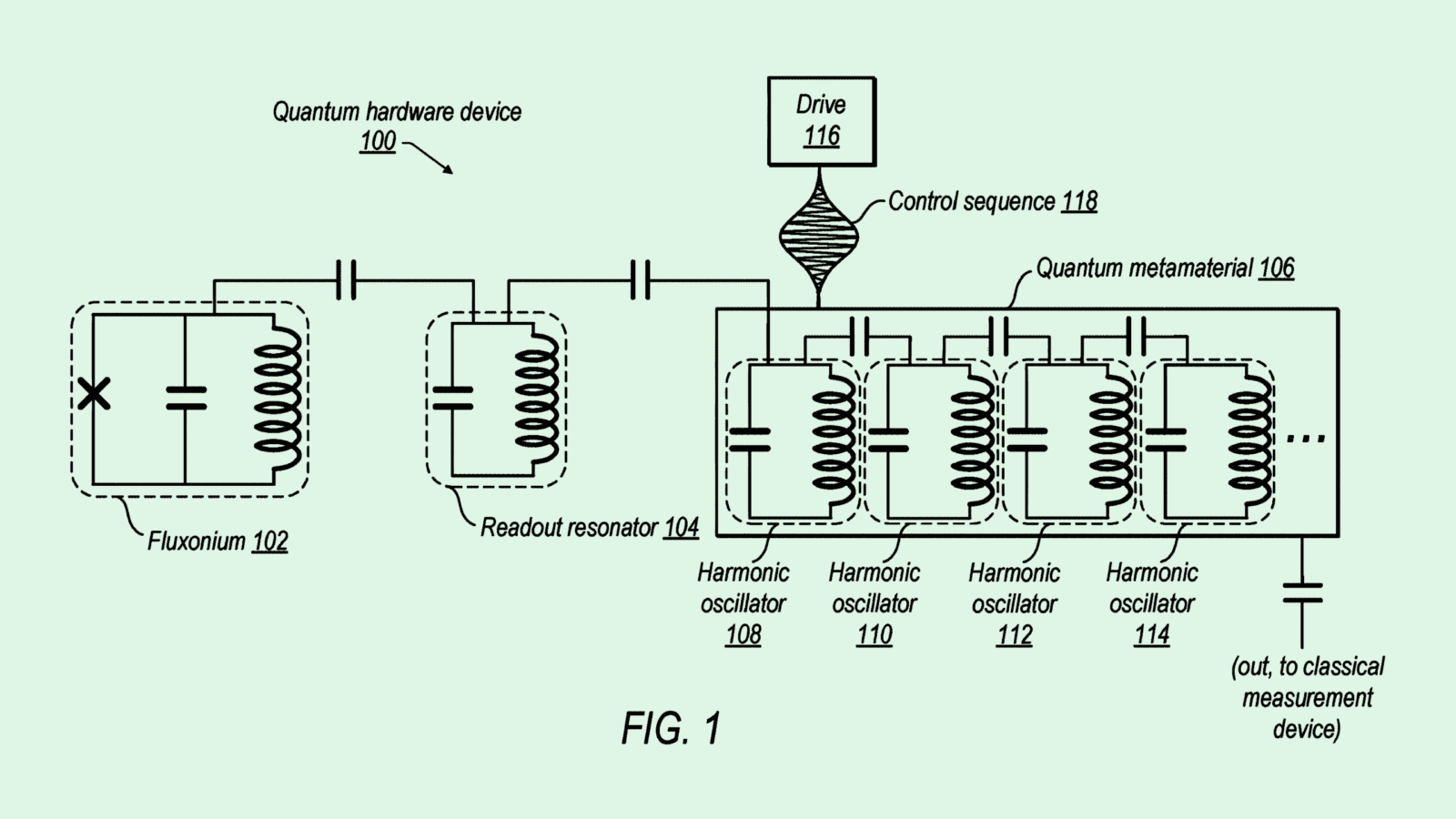
Sign up for smart news, insights, and analysis on the biggest financial stories of the day.
Big Tech may be powering a bull market, but Silicon Valley startups aren’t enjoying any trickle-down effects.
Venture capitalists are pulling back on megafunds, depriving startups of much-needed cash on the long road to an IPO. Meanwhile, investors are rapidly deboarding Cathie Wood’s ARK Innovation ETF — a fund still mostly dominated by pandemic-era tech firms like Roku and Zoom, whose impact can better be described as minor disturbances than outright disruption. We’ll call them Mid Tech.
Jumping Ship
Wall Street has once again embraced companies that make money, with bonus points awarded to anything that can also stir up AI hype. It’s why the highly profitable and AI-curious mega-cap MAAAN stocks (that’s Microsoft, Apple, Amazon, Google-parent Alphabet, and chipmaker NVIDIA) are nearly single-handedly driving a new bull market. But both Wall Street and venture capitalism are losing patience waiting to see which startup or Mid Tech firm will start reaping big profits and wiggle its way to the adult table.
You know why: The Fed’s rate-hiking campaign has shuttered the cheap-cash gusher for growth-focused tech firms, both public and private. Meanwhile, large institutional investors like pension funds and university endowments are much stingier in light of economic uncertainty. That’s put venture funds and one of the industry’s marquee ETFs in a serious bind:
- Only seven VC funds totaling $1 billion or more have been raised by venture firms so far in 2023, according to Pitchbook, well off the pace from recent years. Y Combinator shuttered its long-running growth investment fund, Tiger Global and Sequoia Capital each significantly scaled back ambitions, and Andreessen Horowitz is mulling a right-sizing of its future venture funds, sources told The Wall Street Journal.
- Despite rallying 50% so far this year, ARK shares are still trading 70% below their peak while assets under management currently total just $9 billion, well down from a $30 billion peak, thanks mostly to investment losses. Investors have pulled a net $717 million from the ETF in the past year, according to FactSet.
“You have a whole group of people who got in somewhere near the top and are sitting on horrific losses,” Matthew Tuttle, CEO of the inverse-ARK ETF operator Tuttle Capital Management, told the WSJ. “I think some of those people have said, ‘I’m never getting back to even; this is probably the best I’m going to do, and it’s time to get out.’”
Oopsies: Of ARK’s top five stakes — Tesla, Roku, Zoom, Coinbase, and Block — only Tesla and Zoom turned profits last year. But the fund has made its share of head-scratching bets, too, like selling off its stake in NVIDIA in January, ahead of the company’s rocketship run to a trillion-dollar market cap. So much for letting AI-supercomputing microchips fall where they may.











